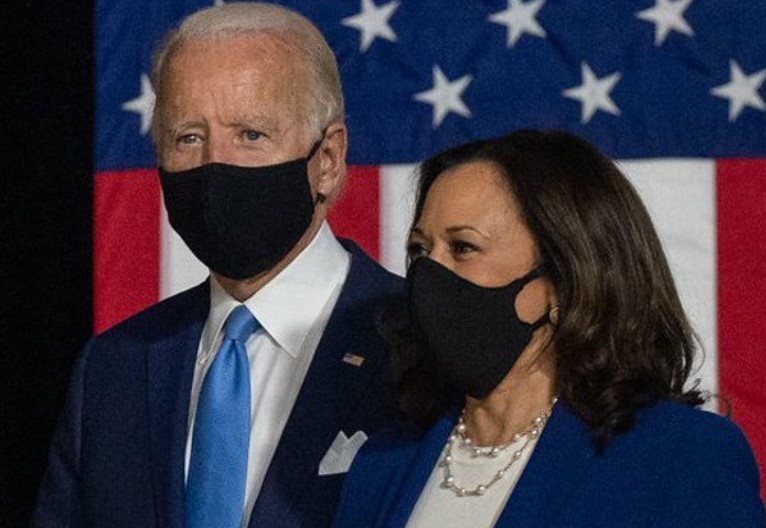In 2018, the UK saw its first incidence of monkeypox. Since then, the health authorities have only confirmed a “handful of instances.”
The monkeypox virus has infected a man who travelled to Nigeria. The UK Health Security Agency (UKHSA) confirmed the news, stating that monkeypox is a rare viral virus that does not spread easily.
Monkeypox is an uncommon disease caused by the monkeypox virus, which is related to the smallpox-causing variola virus of the Orthopoxvirus genus.
This disease, which was first discovered in 1958, is a ‘zoonosis,’ meaning it is spread from sick animals to humans.
Monkeypox was found when two outbreaks of a pox-like disease occurred in research colonies of monkeys, according to the US Centers for Disease Control and Prevention.
According to the World Health Organisation (WHO), monkeypox cases are mostly spotted closer to tropical rainforests inhabited by animals that carry the monkeypox virus. Based on research, the infection can be spotted in squirrels, Gambian pouched rats, dormice and some specific species of monkeys.
According to the UKHSA, the monkeypox virus is usually a mild ‘self-limiting illnesses. It can cause severe illness only in some cases. Most infected patients recover in a short time span.
The first case of monkeypox was reported in the UK in 2018. As per a BBC report, only a ‘handful of cases have been confirmed by health authorities’ since that time.
Symptoms of Monkeypox In humans, the symptoms of monkeypox are similar to but milder than the symptoms of smallpox. Monkeypox begins with fever, headache, muscle aches, and exhaustion. The main difference between symptoms of smallpox and monkeypox is that monkeypox causes lymph nodes to swell (lymphadenopathy) while smallpox does not.
Monkeypox Incubation Period
The incubation period (time from infection to symptoms) for monkeypox is usually 7−14 days but can range from 5−21 days.
The symptoms of Monkeypox are quite similar to smallpox. They can lead to fever, muscle aches, swollen lymph nodes, headache, chills and exhaustion.
While less severe than smallpox, monkeypox can also cause rash all over the body. These rashes undergo various changes through different stages before they transform into a scab.
Those who are in clos contact to the infected person may contract the virus. It can enter via broken skin, the respiratory tract or through the eyes, nose and mouth.
It can also spread by coming in contact with infected animals, who can be carriers of the virus or by virus-contaminated objects.
Symptoms of Monkeypox
The Monkeypox illness begins with:
- Fever
- Headache
- Muscle aches
- Backache
- Swollen lymph nodes
- Chills
- Exhaustion
Most monkeypox cases are spotted in Democratic Republic of the Congo. Those outside Africa mostly spread due to international travel or imported animals.
Prevention
Monkeypox may be spread from handling bushmeat, an animal bite or scratch, body fluids, contaminated objects, or close contact with an infected person. The virus is believed to normally circulate among certain rodents in Africa.Diagnosis can be confirmed by testing a lesion for the virus’s DNA.The disease can appear similar to chickenpox.
There are number of measures that can be taken to prevent infection with monkeypox virus:
Avoid contact with animals that could harbor the virus (including animals that are sick or that have been found dead in areas where monkeypox occurs).
Avoid contact with any materials, such as bedding, that has been in contact with a sick animal.
Isolate infected patients from others who could be at risk for infection.
Practice good hand hygiene after contact with infected animals or humans. For example, washing your hands with soap and water or using an alcohol-based hand sanitizer.
Use personal protective equipment (PPE) when caring for patients.
There is no treatment for monkeypox. However, smallpox vaccination has proven to be 85 per cent effective in preventing monkeypox.






